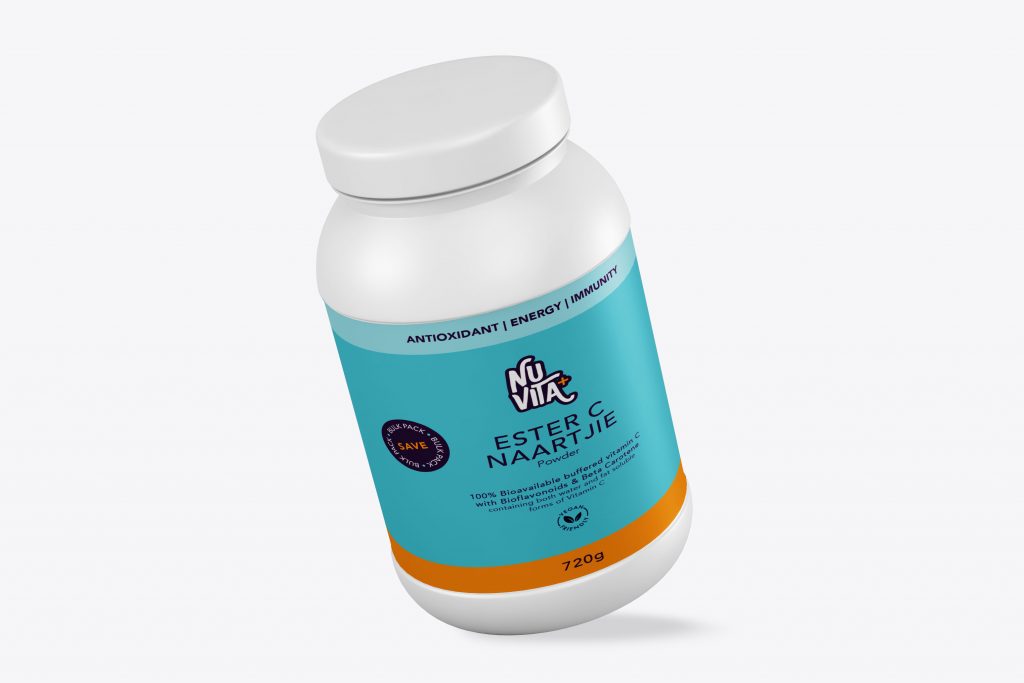Vitamin C is one of the essential vitamins that the body requires to function effectively. It is a water-soluble vitamin that plays a crucial role in immune function, iron absorption, and skin health. It is commonly found in fruits and vegetables such as oranges, kiwi fruit, strawberries, broccoli, and bell peppers.

Dosage
The maximum oral dose of vitamin C that is purported as safe for human consumption is 2,000 milligrams per day. Beyond this amount, there is a risk of experiencing adverse effects such as diarrhea, nausea, and stomach cramps increases. However, this threshold level may vary from person to person depending on their health status and medical history. In our work, with specific health conditions, the intake of vitamin C can be taken up to as high as 50,000 mg per day. Using vitamin C ascorbate, the oral dose can be taken between 6,000 – 8,000m daily in small divided doses.
Benefits of Vitamin C
The benefits of vitamin C have been widely studied, and both medical practitioners and natural doctor’s tout its potential as a powerful antioxidant that can protect the body from harmful free radicals. Additionally, vitamin C has been associated with a range of potential health benefits, including:
- Immune System Support One of the most well-known benefits of vitamin C is its ability to support the immune system. By stimulating the production of white blood cells, vitamin C can help the body fight off infections and illnesses.
- Skin Health Vitamin C is essential for the production of collagen, a protein that helps maintain healthy skin. It can also protect the skin from sun damage and reduce the appearance of scars and wrinkles.
- Heart Health Research has shown that vitamin C may help lower blood pressure levels, improve blood flow, and reduce the risk of heart disease.
- Iron Absorption Vitamin C can help increase the absorption of iron from plant-based foods, making it an essential nutrient for vegetarians and vegans.
- Cancer Prevention Some studies suggest that vitamin C may have anti-cancer properties, as it helps protect cells from damage caused by free radicals

Conclusion
While consuming vitamin C is essential for optimal health, it is crucial to stay within safe specific limits to avoid adverse effects. The maximum oral dose of vitamin C that is safe for human consumption is 2,000 milligrams per day however one can go up to the body’s saturation point which could be much higher.
Proponents of vitamin C support its potential as a powerful antioxidant that can protect the body from harmful free radicals and provide a range of health benefits, including immune system support, skin health, heart health, iron absorption, and cancer prevention. However, it is advisable to consult a natural or regenerative healthcare professional before exceeding the recommended maximum oral dose to ensure that it is safe for an individual’s unique health circumstances.








